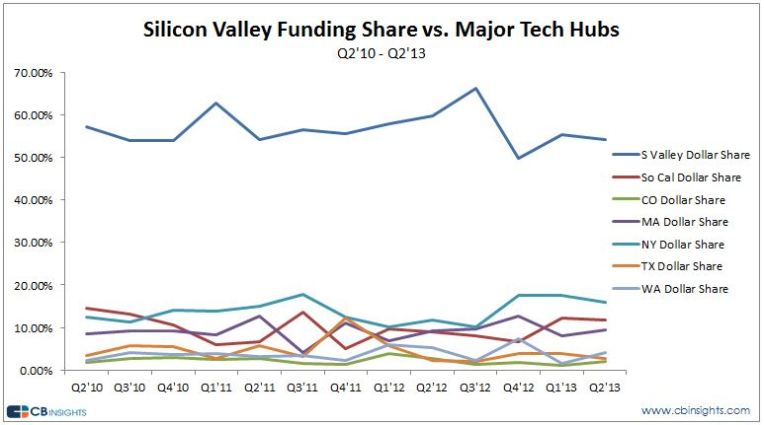Pinterest as we know it could be a thing of the past. Beginning January 1, 2015, Pinterest will start putting ads on its site. Real ads in the form of promoted pins. I have mixed feelings about this – I respect their right to do this and I’m happy for them to be able to get a piece of the enormous revenue stream that Google and Facebook dominate, but it will also take away the purity of Pinterest and lessen the experience a bit.
Overall, I say congratulations, you’ve earned it, Pinterest! They will now move up the food chain significantly as Fortune 500 companies can develop more formal relationships with them and build “serious” ad campaigns. All other ad industry professionals and component niches will also take a big step closer to Pinterest. This is like opening up a whole new giant beautiful piece of the web to advertisers.
But there is a cost to this for users. Pinterest is one of my favorite places to go on the Internet, one of my favorite apps. It’s an oasis in the ad strewn desert of social media. There are many indirect ads there already, especially clothing sold by affiliates, but not very intrusive to the experience.
Pinterest is a constant river of pictures, and mostly very high quality pictures, undistracted by ad text or flashing lights. It’s a respite from the rest of the web, with its rectangular boxes of advertising or the sidebar of Google ads – the high value real estate of the web that is rented to the highest bidder.
As a major fan of photography and imagery I like to go over to Pinterest to get away from all that. It’s almost like a relaxation lounge on the web. I’ve slowly built and curated my collection of pins over the past 3 years, with a bit of an eye towards social validation, but mostly to see cool photos. I’ve been pleasantly surprised thousands of times by images I’ve seen. How many products can claim that?
One of the best parts of Pinterest is that it’s participatory, a gamification of looking at photos (and memes and infographics). As you browse build and organize your collection and it shows running totals of several statistics. And there’s minimal social interaction, almost like a library where people tend to be quiet and leave each other alone. A relaxing experience. I even have a board called zen relaxation that I can go to for quiet inspiration.
Pinterest no doubt developed one of the most fascinating products of the last decade, almost as powerful as Google, facebook, and Twitter. It’s addictive, stimulating and makes you smile. Hopefully that won’t change but it could.
The best part of the product is its design. Pinterest pioneered a new type of web page, now referred by everyone as a “Pinterest style”. It’s hard to remember now, but 3 years ago it was revolutionary. That single innovation was more influential than almost anything prior on the web.
Pinterest will do this with a lot of style – use a native ad approach with the Promoted Pin, but it could change them if they’re not careful. They are playing with the big boys now. Giants corporations will have a more formal dedicated part of their ad budget and marketing team focused on Pinterest, like they do now with Google ads and Facebook. Giant corporations will want to “help” Pinterest figure out how to change. Giant corporations will want to acquire Pinterest. Let’s hope they keep their independence as long as possible.
Billions of dollars will be diverted from other ad channels to Pinterest. It could easily tarnish the brand. The fact that they have waited this long to monetize in this way and have built such great brand equity is quite encouraging.
It will also be a great opportunity for advertisers of all sizes, even the little guys. Buying real estate on Pinterest? Awesome!
No matter what happens, I’ll always be a big Pinterest supporter (is there a name for that? Pinterevist?) I hope they don’t hire a thousand lawyers or get acquired, but I trust them to handle this change with the same style they apply to everything.



